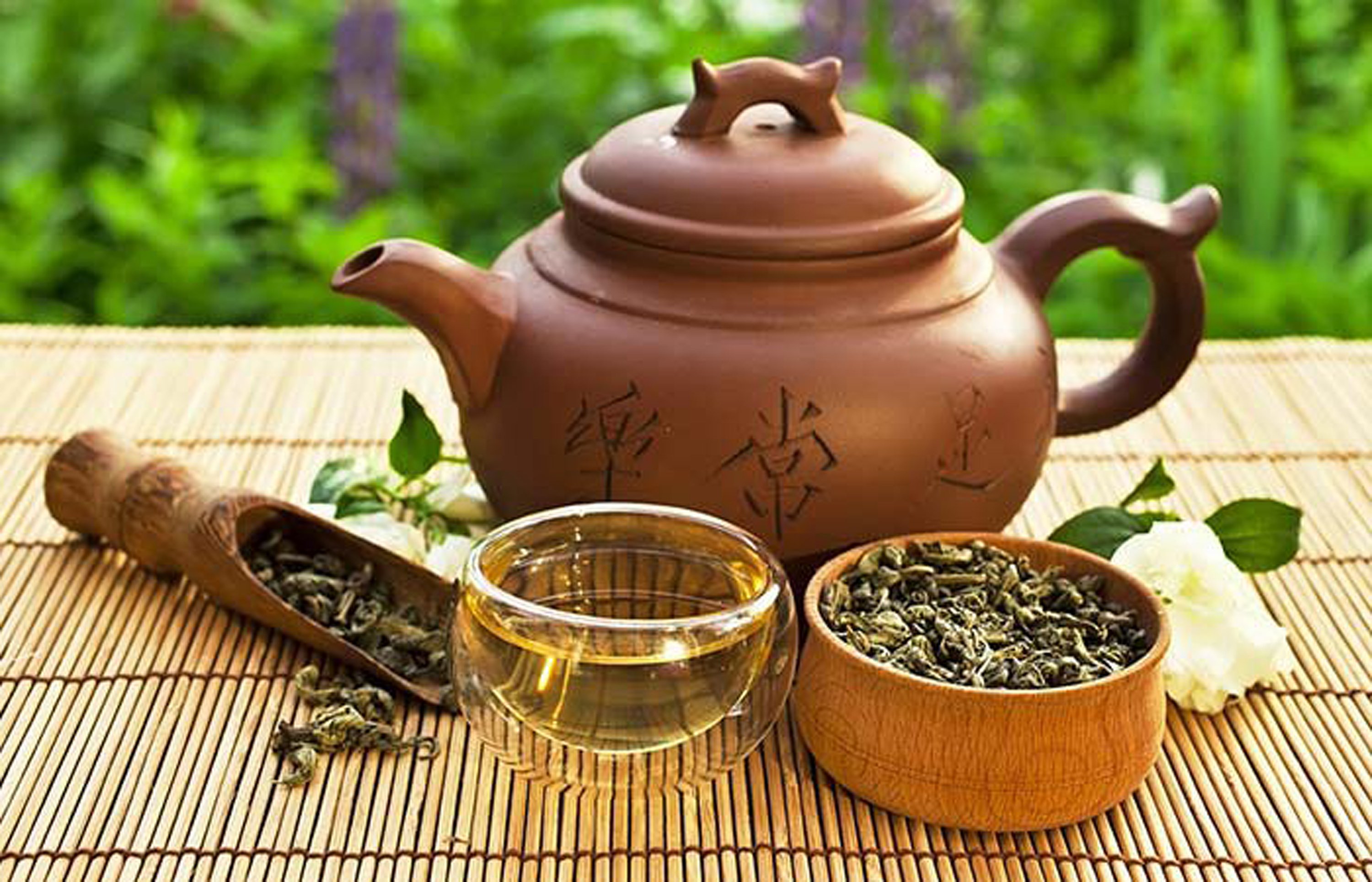The magic that is oolong tea

What you need to know:
- Sip some. Oolong tea and its untold medicinal value; the tea that could reduce dementia and high blood pressure risk and enhance longevity.
Lin Yutang was a Chinese inventor, linguist, novelist, philosopher and translator. His informal albeit polished style made him one of the most influential writers of his generation and in one of his books, tells of the infinite care with which a certain sage living in the second or Classical period of Chinese tea-making procured from a famous local spring well.
Meticulous almost to a fault, the sage made sure that the water was in just the proper type of earthen pot, enough water for a brew with which he intended regaling an honored guest; how on a clear, calm evening, taking pains to keep the water undisturbed, he sailed with it to his home; and how, before steeping the choice leaves, he brought the water to exactly the critical boil. There were other refinements, too, most of them equally unthinkable in our less leisurely 21st century.
Tea in China is a beverage, a health aid and a ceremonial presentation that is offered to ancestors as temple altars. It is tea that binds betrothals and weddings. It is drunk with meals as a beverage and after meals as a digestive. Because its leaves grow on old bushes, it is regarded as a symbol of longevity and fidelity and cups of tea are always presented by the young to elders as signs of respect.
How long we live is determined by a myriad of factors, many of which are beyond our control.
Regardless, certain lifestyle habits such as how much we exercise and the type of diet we eat have proven to be a determinant factor not to mention what we drink. Combined, they will also affect our lifespan.
Essentially, all Chinese teas can be divided into three broad categories viz unfermented, semifermented and fully fermented.
As a rule of thumb, all green teas are unfermented, Oolongs are semifermented, and black teas are fermented. No matter the process, the smaller the tea leaf, the better.
Interestingly, one type of tea that could have a pronounced factor in our quest for longevity is none other than Oolong tea, a particular genre of tea that I have drank since the late 1960’s when I was introduced to Chinatown in downtown New York.
We would frequently wend our way there and dine on wonderful authentic Chinese food at rock bottom and affordable prices I might add.
As is often the tradition in Chinese joints, the food always comes with complimentary tea and why it was Oolong rather than Jasmine tea (which is more commonly to be found in Chinese restaurants in Kampala) I will never know. 60 years later, numerous studies have noted the health benefits of Oolong tea – a type of Chinese tea created by withering the leaves under the sun.
High blood pressure
For example, one study, which was published in the International Archives of Medicine, concluded that consuming 120ml a day of the drink for a year “significantly” reduced the chance of developing high blood pressure.
High blood pressure – or hypertension – is a potentially dangerous condition as it raises your risk of life threatening conditions such as heart disease, heart attacks, strokes and vascular dementia.
This is because having raised blood pressure for an extended time puts extra strain on the organs. As part of the study from 2004, academics analyzed the correlation between regular tea consumption and hypertension.
It said: “Compared with non-habitual tea drinkers, the risk of developing hypertension decreased by 46 percent for those who drank 120 to 599ml a day and was further reduced by 65 percent for those who drank 600ml a day or more after carefully adjusting for age, sex, socioeconomic status, family history of hypertension, body mass index, waist-hip ratio, lifestyle factors, and dietary factors.”
“However, tea consumption for more than one year was not associated with a further reduction of hypertension risk.”
“Habitual moderate strength green or oolong tea consumption, 120ml a day or more for one year, significantly reduces the risk of developing hypertension in the Chinese population.”
Dementia
Separate research, published in Foods journal in 2022, considered the effects of Tieguanyin – a variety Chinese Oolong tea that originated in the 19 century in Anxi in Fujian province – on Alzheimer’s disease.
It found that extracts of the tea were able to reduce certain risk factors for dementia within the body.
It said: “This article demonstrates for the first time that Tieguanyin extracts can inhibit the excessive activation of the NF-κB p65 signaling pathway (a risk factor for dementia) and improve the antioxidant capacity in the cerebral cortex and hippocampus, to improve the cognitive ability of APP/PS1 mice.
“Our results shed light into the beneficial effects of Tieguanyin tea extracts on preventing and alleviating Alzheimer’s disease.”
Another study, from the Journal of Nutrition, Health and Ageing in 2010, championed Oolong tea, alongside other teas, for better brain function.
It detailed: “After adjusting for potential confounders, total tea consumption was independently associated with better performances on global cognition, executive function, and information processing speed.
“Both black/Oolong tea and green tea consumption were associated with better cognitive performance.
“There was no association between coffee consumption and cognitive function.”
Diabetes
A trial conducted in Taiwan and published in Diabetes Care, in 2003, revealed that Oolong tea could also lower blood sugar.
It said: “Relative to initial concentrations, Oolong tea markedly lowered concentrations of plasma glucose and fructosamine, whereas the water control group had not changed.”
“Oolong tea may be an effective adjunct to oral hypoglycemic agents in the treatment of type 2 diabetes.”
Oolong tea can be found in some of the Chinese specialist emporiums in Kampala as well as supermarkets in the US and Europe. If all fails, then it can be ordered online from Amazon and other online retailers.




